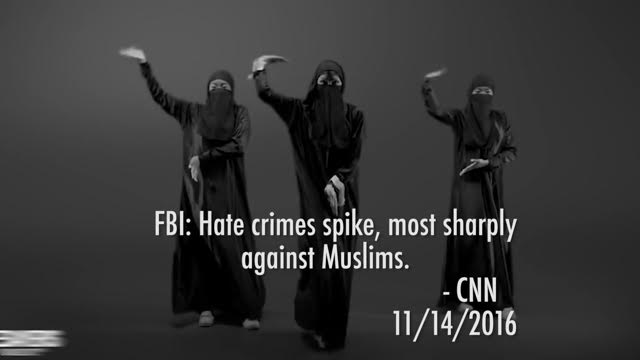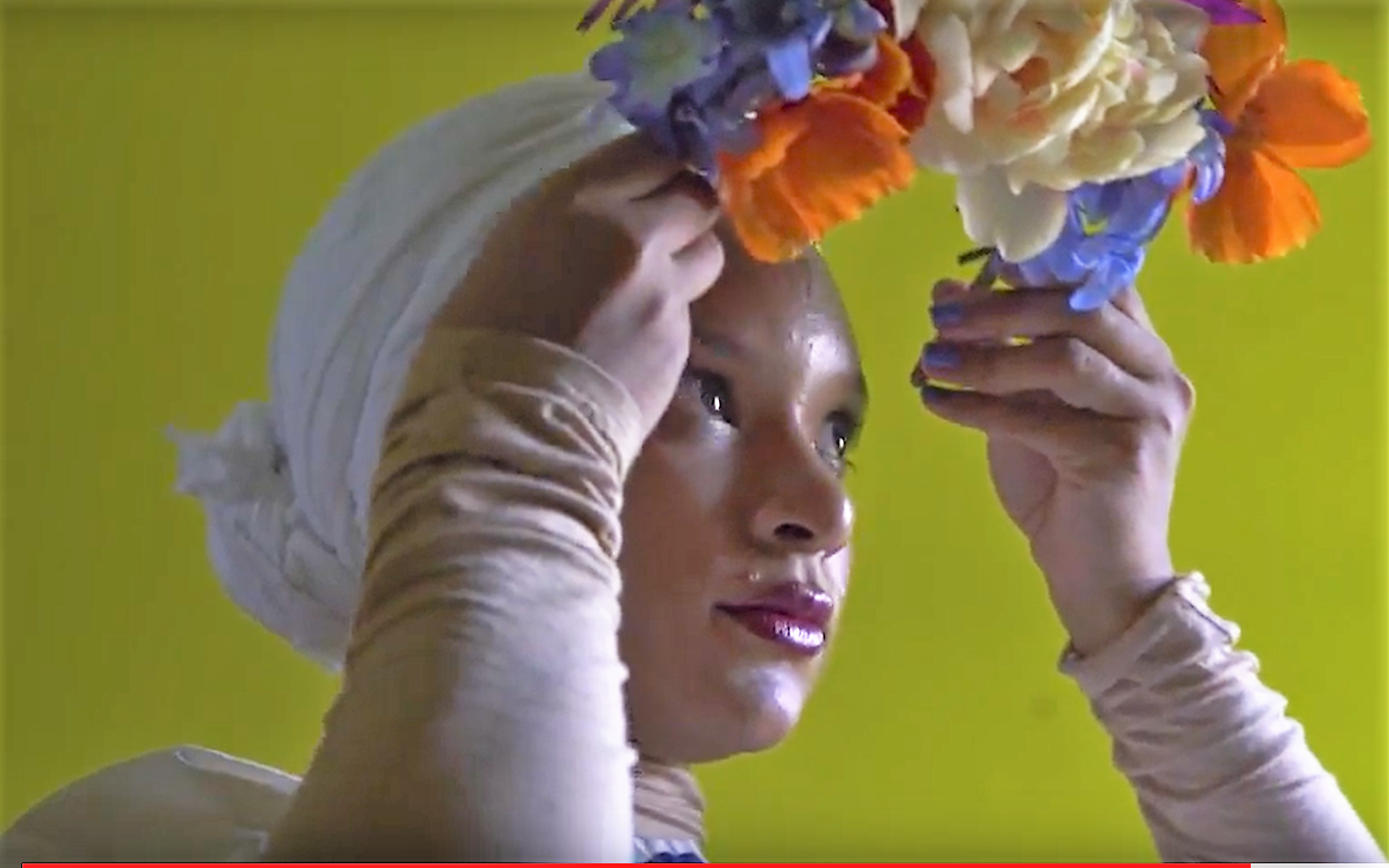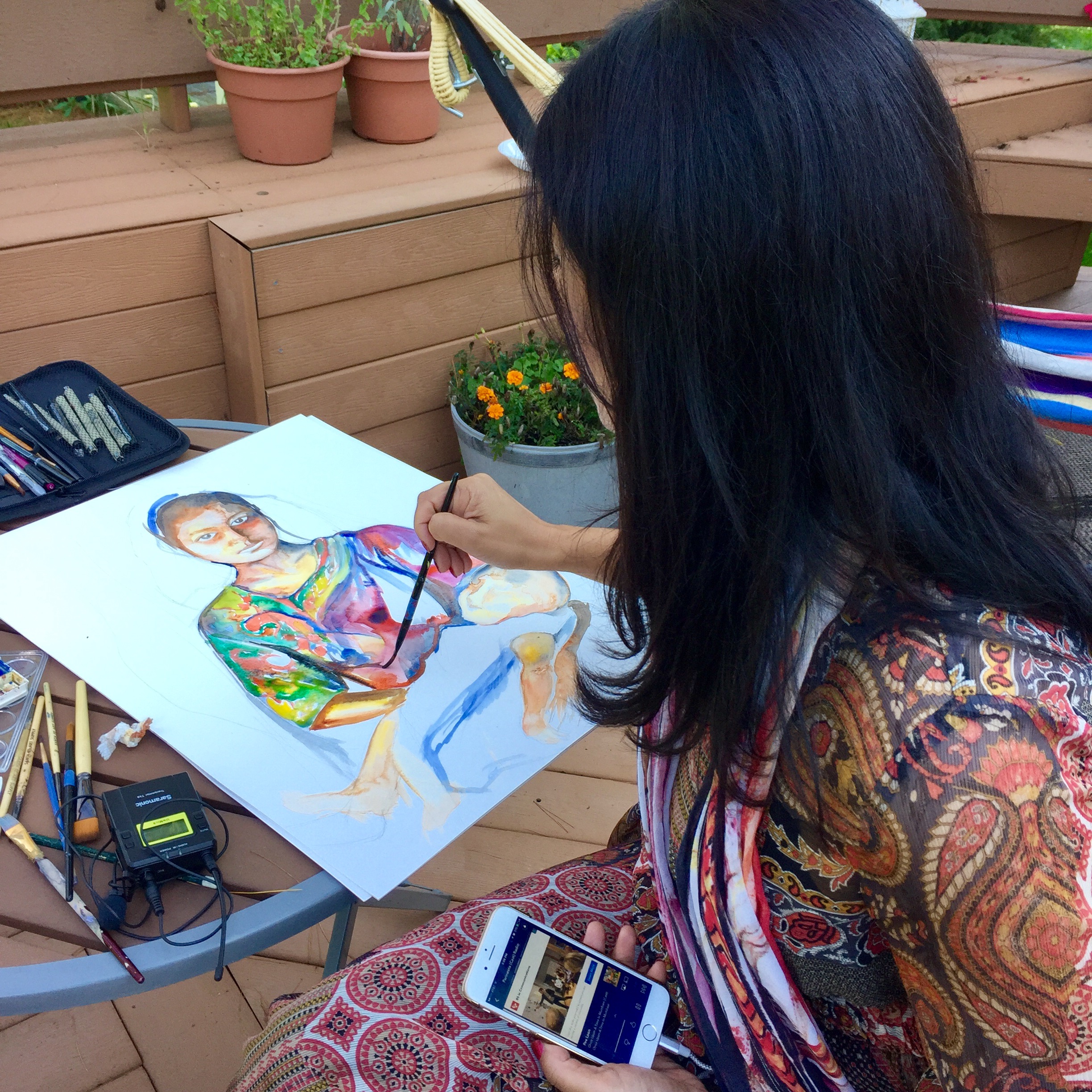I’ve been thinking a lot about empathy, lately. Starting here: Empathy is the ability to understand and share the feelings of another.
I’ve often wondered if we are born to be empathetic, or if is it something that has to be proactively cultivated within ourselves. Humans are intrinsically programmed to survive. Sometimes, in fact, survival means taking resources from others. But in other times, survival means community building.
For humans to prioritize its cultivation, empathy has to serve the higher imperative of survival. In a nation where nuclear codes and the power to destroy the planet in moments lie in the hands of one man, where resources are abused and depleted such that thousands of people are without fresh water to drink, where bees die in whole colonies–we must either learn to SHARE or ELIMINATE.
Elimination means an epic world war, the decimation of populations. Sharing means equity, harmony, and balance — even when it is uncomfortable to get there.
I don’t know about you, but I would pick sharing 1,000 times. And if we are to lead the way, we must take what we learn from our mistakes here and use the knowledge to be allies in the international community if we wish to continue as a species.
How?
Back to basics and that definition of empathy up there.
Empathy is the ability to understand and share the feelings of an other.
How do you understand someone else’s state of mind? I do it by understanding their story. Asking them about it, learning about it. Listening. So broadly, I dare to propose, that storytelling is at the heart of empathy, and that by building empathy– telling stories– we succeed in choosing that world. Whole books are written about it. And in recent scientific inquiry, it’s cited as what makes humans unique at survival.
It doesn’t take a genius to know that cinema is a great tool for empathetic storytelling– and a large scale tool, not only in terms of reach, but also in terms of sensory experience: when we watch Billy Elliott struggle to dance, or Forrest Gump navigate accidentally through a historic life, our brains immediately begin to imagine what their lives might be like. In fact, we don’t even have to imagine it; we see the struggles they face play out on screen. Film connects the dots FOR us.
Cut back to normal life, when we meet someone who wants to defy gender stereotypes, or living with a disability, we instantly have a frame of reference to connect. We do this on a cultural scale, too; films like District 9 explore the idea of an apartheid South Africa through alien encounter.
But what about real life cultures? What about, well, ours? I have never gone to a theater and seen a mainstream film that addresses my culture as a Pakistani Muslim and an immigrant to the United States.
I left a promising career in engineering to make movies. I wanted to understand human beings better, by navigating and re-creating their stories for the world. There’s only one right way to tell a story that reflects the nuanced reality from which it comes: approaching them, engaging with them, asking them.
Today I’m asking the American Muslim community to proactively find ways to offer alternative narratives to the wider American community. There’s been a lot of press surrounding the #MuslimBan, but let’s be serious: as Khizr Khan tells us over and over, Muslims are a group facing lack of empathy on an extreme level– and not just in the White House.
1) CREATE AND SHARE MUSLIM ART:
Share & watch films, books, art by Muslim artists. Enable Muslim filmmakers to create Muslim art. I know it doesn’t seem like the most obvious and immediate way to change perceptions, but we have to play the long game. Understand that any alternate representation in the media creates another data point morphing the “terrorist/no terrorist” populist perception, or the idea that all Muslim women are hijabi. We need to create a gray scale of what it means to be Muslim.

Image: Huffington Post
2) IDENTIFY YOUR SIMILARITIES:
Attend Interfaith Organizations events. Local to me in LA, and elsewhere throughout the country, groups like the Carter Center, The Jewish Muslim Alliance, Daughters of Abraham, United Religions Initiative hold regular interfaith discussions and gatherings where scripture is used comparatively to undemonize the “other.” We should learn about the other, and in the process, teach them about us, too.
3) LIVE IN ANOTHER PERSON’S SHOES:
Make friends of strangers. Who doesn’t need more friends? Ultimately, it turns out most conflict can be resolved through listening, developing mutual understanding, and working together toward a shared vision of the future. Put differently, learning how a so-called enemy thinks and feels is so powerful it can convert you to friends, preventing future conflict. Maybe attend mass, or a Yom Kippur fast, or go to a gay pride march. Push your boundaries especially if you expect others to push theirs.
4) MASS ACTIVISM:
Join a protest. They’re fun and powerful ways to connect. When protests against the ban happened here at LAX and in airports across the nation, people who had never openly voiced their support of Muslims had an opportunity to come out in solidarity. The reality is that in today’s world, if you don’t express what you feel, you might as well not feel it. It is a world where sharing is the ultimate proof of truth. Whether we like that or not, it’s how we’re raising future generations to understand.
A mass social campaign incites a higher conversion rate of people in conflict to begin to connect. Everyone shifts closer to the cause when it is made public, out of personal feelings or answering the wake up call, which is important; the first step to solution building is the realization of the challenge at hand. The crowd has power in lifting the veil of self-denial and inertia.
5) LEARN FROM HISTORY:
Do your history homework. Mass activism ended separate but equal for African Americans, scored women the vote, and helped to end the Jewish Holocaust. History repeats itself. Learn of past radical movements that isolated large sections of humanity and caused ethnic cleansing. Familiarize yourself with what happened to learn what could happen. Identify patterns so you can step in, as so many are right now, and prevent repetition of heinous acts. Finding your voice is easy when there are so many brilliant ones to learn from and emulate.
These are just 5 of a plethora of ways that you can start cultivating empathy TODAY.
As a matter of fact, if you want a way to practice every single one of these five points, we can help you right now. Consider following our most recent film, FORBIDDEN STEPS, crowd-funding on SeedandSpark as part of its brilliantly inclusive #100DaysOfDiversity.
We are surfing in the masses, asking for empathy, support and understanding to #HumanizeByFilm.
And if you’re in search of sharing art, here is my sixth film, EXTINCTION, written by fellow Muslim writer Dylan Ramsey, about a horrific dystopian future where the #MuslimBan is taken to extreme and the LAST MUSLIM ALIVE is hidden and protected by a Jewish grandmother.




Paul Bloom presents an interesting counterpoint that would be worth engaging – https://www.amazon.com/Against-Empathy-Case-Rational-Compassion/dp/0062339338